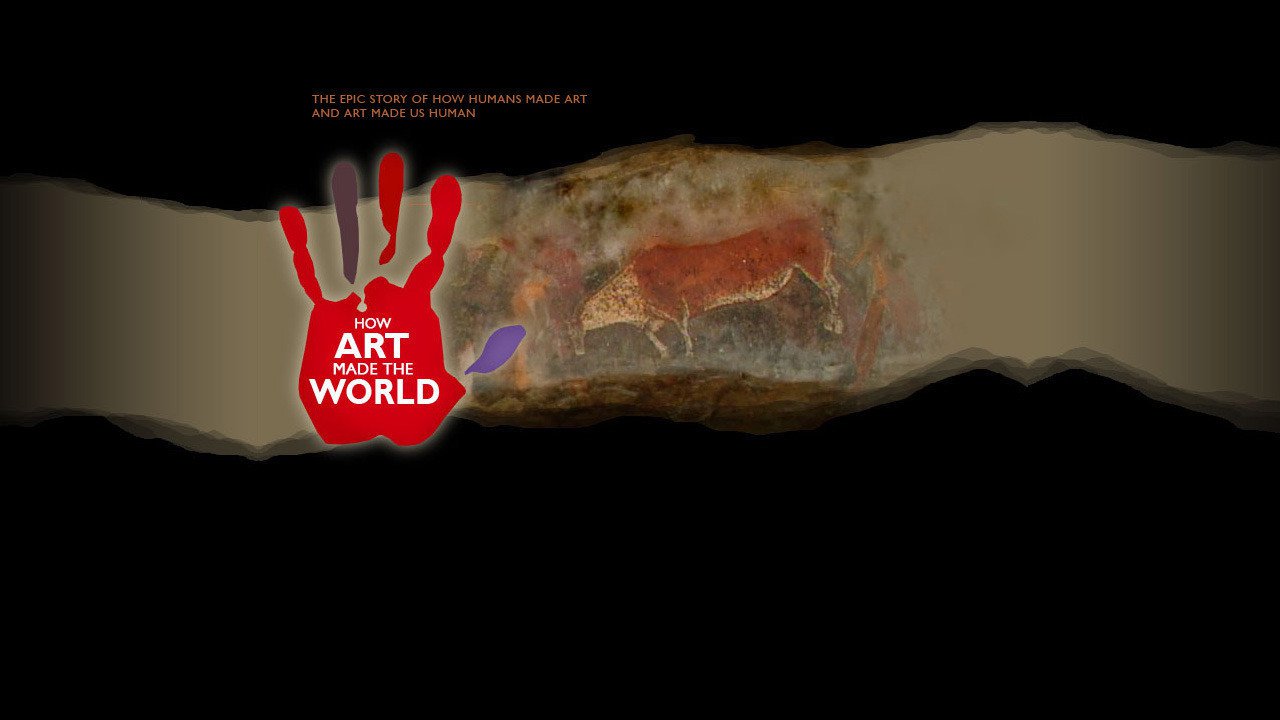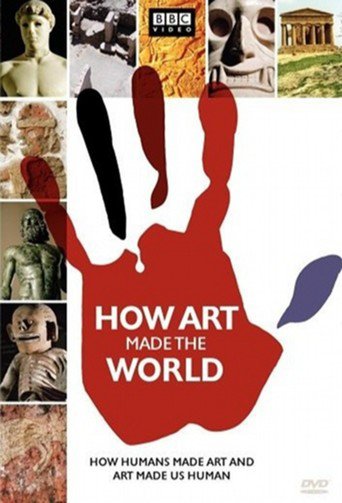How Art Made The World Season 1

Nigel Spivey reveals how the images which surround us today come from the ancient world. It's an epic journey spanning five continents and a hundred thousand years of history.
Watch NowWith 30 Day Free Trial!
How Art Made The World
2006
Dr. Spivey takes viewers on a quest to comprehend mankind's unique capacity to understand and explain the world through artistic symbols. Speaking in colorful, non-technical language and aided by state-of-the-art computer graphics, Spivey explores the latest thinking by historians, neuroscientists and psychologists regarding the deep-seated and universal human desire to create art.
Watch Trailer
How Art Made The World Season 1 Full Episode Guide
In our daily lives, we are bombarded constantly by images. But there is one image whose power over us is strangely mesmerizing. It terrifies and yet reassures us — it is the image of death. We build grave yards, and we even carry pictures of the dead. But why? What makes us surround ourselves with constant reminders of death? Experts think this preoccupation is rooted in the human mind; unlike animals, humans understand the inevitability of their own death and in fact can imagine a world in which we are no longer alive.
When we watch a good film, something extraordinary happens. We become so involved with what's going on that we feel we are living the story ourselves. Films enchant, terrify and inspire us, yet their visual storytelling techniques are not a modern phenomenon; in fact, they go back to the ancient past. But how did film really get its ability to transport us to other worlds? Where did the ingredients of visual storytelling come from?
The leaders of most modern countries exploit a powerful political tool - the power of images. These techniques, in fact, were invented thousands of years ago by the leaders of the Ancient World. But how do politicians actually use images to persuade us - often without us even knowing? How did they do it thousands of years ago?
We live in a highly complex world, one that requires many different skills and abilities to make our way through it. One of these skills is to look at lines and shapes that we see around us and give meaning to them. This ability to read images is an essential part of our lives. If we didn't have it, life, as we know it, would be impossible; our world would be unrecognizable. But at some point in our ancient past, that's what the world was like — imageless. And then something changed. At some point in our human history, probably about 35,000 years ago, we began to create pictures and to understand what they meant. Archeologist call this period the "creative explosion." But why did people suddenly decide to start creating images of the world around them?
Pictures of the human body fill our TV screens, magazines, billboards, almost our every waking moment. Through the ages artists have been obsessed with the human form. The range of bodies they have created is breathtaking, but yet they share one thing in common... none of these images resembles a real human being. So why is our modern world dominated by images of the body that are unrealistic?
Free Trial Channels
Seasons


























